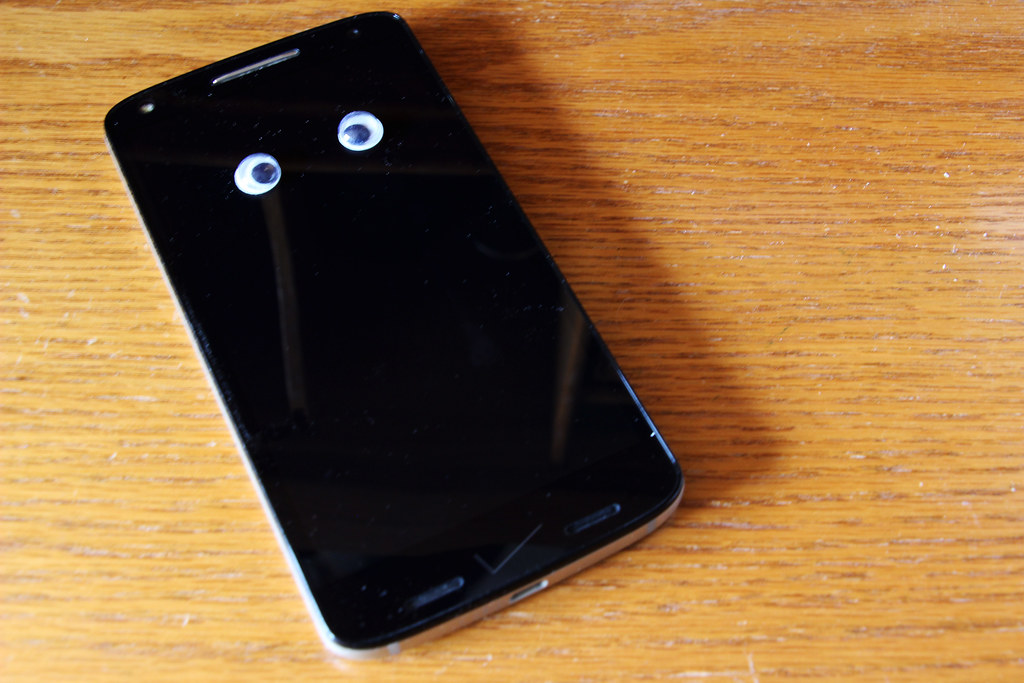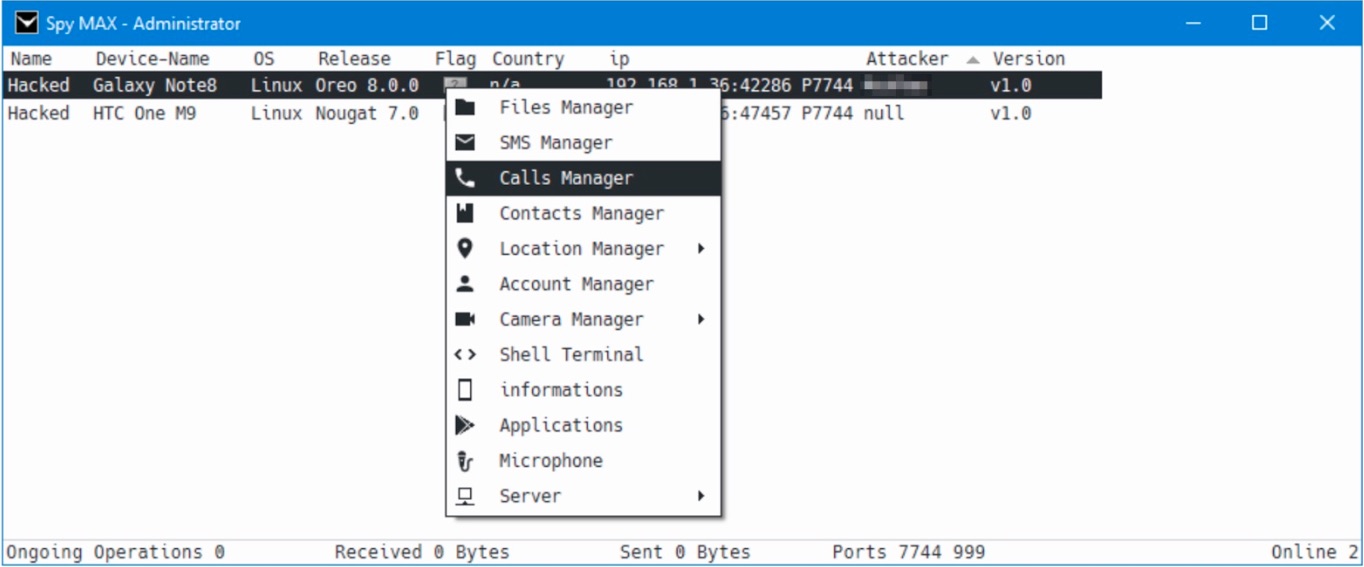Researchers have uncovered a mobile surveillance campaign that has used more than 30 malicious Android apps to spy on targets over the past 11 months. Two of the most recent samples are exploiting the coronavirus by hiding off-the-shelf surveillanceware inside apps that promise to provide information about the ongoing pandemic.
One of the apps, “corona live 1.1,” is a trojanized version of “corona live,” a legitimate app that provides an interface to data found on this tracker from Johns Hopkins University. Buried inside the spoofed app is a sample of SpyMax, a commercially available piece of surveillanceware that gives attackers real-time control of infected devices. A second app used in the same campaign is called “Crona.” The campaign, which has been active since April 2019 at the latest, was discovered by researchers from mobile-security provider Lookout.
“This surveillance campaign highlights how in times of crisis, our innate need to seek out information can be used against us for malicious ends,” Lookout researcher Kristin Del Rosso wrote in a post published on Wednesday. “Furthermore, the commercialization of off-the-shelf’ spyware kits makes it fairly easy for these malicious actors to spin up these bespoke campaigns almost as quickly as a crisis like COVID-19 takes hold.”
Lookout researchers uncovered the ongoing campaign when analyzing “corona live 1.1.” While the app appeared to be in the early stages of development, it had a hard-coded address of its control server. When examining the control server domain, the researchers found that it was being used by 29 or so other apps, all of which also used commercially available surveillanceware offerings to spy on end users.
The newest sample was ingested on Tuesday, and command and control servers appeared to remain online at the time this post was going live on Ars. Lookout said the apps were never available in the Google Play market. Lookout has yet to determine how the apps are distributed or how many devices have been infected.
DIY spy
While most of the apps were packaged using fairly generic names, one of them—“Libya Mobile Lookup”—hinted that the campaign may be targeting people in the North African country. The control server previously resolved to IP addresses operated by Libyan Telecom and Technology, a consumer ISP. The attackers hosted the server with the use of No-IP, a service that makes it easy for consumers or very small operations to link Internet domains to IP addresses that frequently change.




 Loading comments...
Loading comments...
